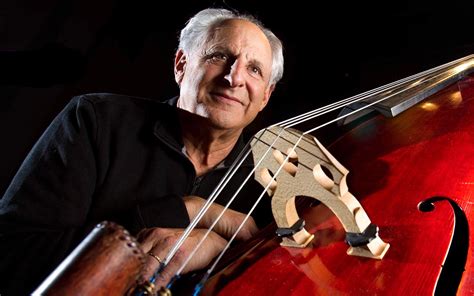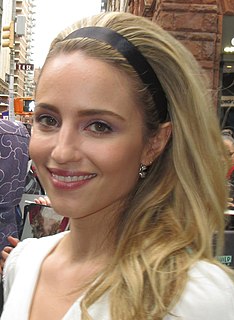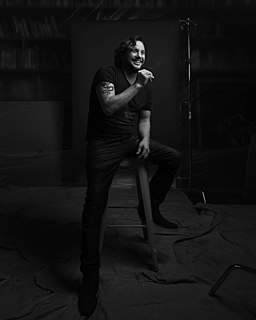A Quote by Barry Green
If the overall quality of your film depends on what you shot it on, you aren't ready to make a film.
Related Quotes
There is something that might be called cinematic beauty. It can only be expressed in a film, and it must be present for that film to be a moving work. When it is very well expressed, one experiences a particularly deep emotion while watching that film. I believe that it is this quality that draws people to come and see a film, and that it is the hope of attaining this quality that inspires the filmmaker to make his film in the first place.
If I'm ever working on a set and anyone talks about a master shot, I say there is no master shot. Before I even went to film school, I learned about movies by being in a British feature film, where everything was shot master shot, mid-shot, close-up. But I reject the idea of a master shot. You don't shoot everything mechanically; you find imaginative ways that serve the action.





































